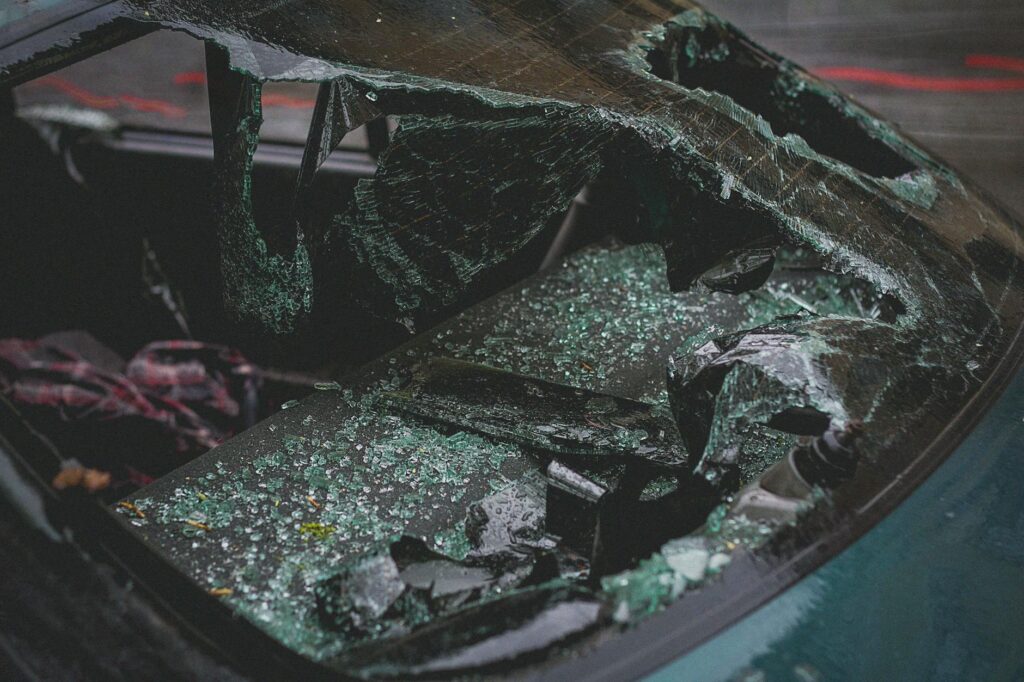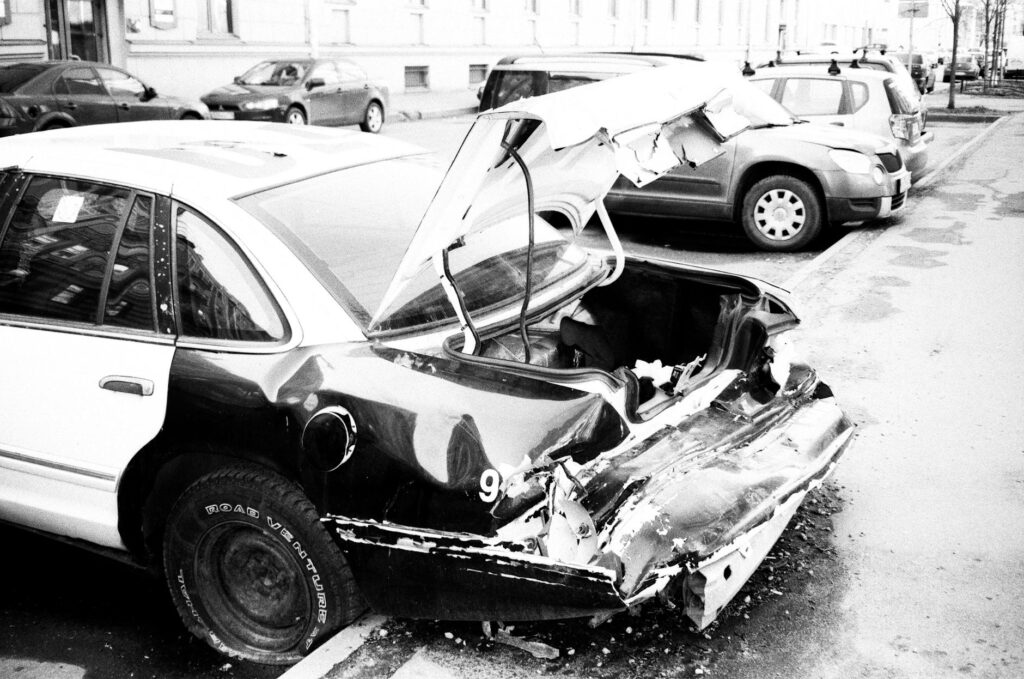Being involved in a car accident can be a traumatic experience. The immediate aftermath is often chaotic, leaving you feeling overwhelmed and unsure of what steps to take next. This guide will walk you through the essential actions you should prioritize after a car accident, focusing on how to navigate the insurance process effectively.
Immediate Actions After the Accident
Your first priority is safety. Ensure everyone involved is okay and call emergency services if needed. Then, move your vehicle to a safe location if possible, to prevent further accidents. Once it’s safe to do so, begin documenting the scene.  Take pictures of the damage to all vehicles involved, the surrounding area, and any visible injuries. Note the license plate numbers, drivers’ details, and witness information. It’s also crucial to contact the police to file a report, especially if there are injuries or significant property damage. This police report will be a critical part of your insurance claim. Learn more about reporting accidents to the police.
Take pictures of the damage to all vehicles involved, the surrounding area, and any visible injuries. Note the license plate numbers, drivers’ details, and witness information. It’s also crucial to contact the police to file a report, especially if there are injuries or significant property damage. This police report will be a critical part of your insurance claim. Learn more about reporting accidents to the police.
Contacting Your Insurance Company
As quickly as possible after the accident, contact your insurance company. Report the accident, providing them with all the details you gathered at the scene. Having your policy information readily available will help expedite the process. They will guide you through the next steps and may send an adjuster to investigate the accident. Be honest and accurate in your report, and keep detailed records of all communications. Check out this helpful guide for contacting your insurance company. 
Gathering Necessary Documentation
Maintaining thorough documentation is vital. This includes the police report, photos of the accident scene and vehicle damage, witness statements (if any), and your insurance policy information. Keep copies of all correspondence with the insurance company and any medical records related to injuries sustained in the accident. See how to organize your documentation effectively. This meticulous record-keeping will be invaluable when pursuing your insurance claim.
Understanding Your Insurance Coverage
Before the accident, you should have familiarized yourself with your insurance policy, specifically your coverage limits and deductibles. Your policy likely includes liability coverage (to cover damages to others), collision coverage (for damage to your vehicle), and comprehensive coverage (for damage due to things like weather or theft). Learn more about different types of car insurance. Understanding this is crucial for negotiating your claim successfully. [IMAGE_3_HERE]
Filing Your Insurance Claim
Following your initial contact, your insurance company will guide you through the formal claim process. They will likely require you to submit the documentation you’ve gathered. Be prepared to answer their questions thoroughly and honestly. If you’re dealing with a significant claim, consider seeking legal advice. Here’s a guide on how to file a successful insurance claim. Be patient, as the claims process can take time.
Seeking Medical Attention
Even if you don’t feel injured immediately after the accident, seek medical attention as soon as possible. Some injuries may not show up right away, and obtaining medical records promptly is essential for your insurance claim. Document all injuries, treatments, and related expenses. [IMAGE_4_HERE] Find a doctor near you.
Successfully navigating the insurance process after a car accident requires careful attention to detail and proactive communication. By following these steps, you can increase your chances of a smooth and fair resolution to your claim. Remember that keeping comprehensive records, maintaining open communication with your insurance company, and seeking professional help when needed are key to a successful outcome.
Frequently Asked Questions
What should I do if the other driver doesn’t have insurance? If the other driver is uninsured or underinsured, your uninsured/underinsured motorist coverage should help cover your damages. Contact your insurance company immediately.
How long does the insurance claims process usually take? The time frame varies widely, depending on the complexity of the claim and the insurance company. It could take weeks or even months.
What if I disagree with my insurance company’s assessment? If you disagree with their assessment of your claim, you can appeal their decision or seek legal counsel.
What if I’m injured and unable to work? You may be entitled to lost wage benefits, depending on your insurance policy and the specifics of the accident. Contact your insurance company to discuss your options.
Can I choose my own repair shop? You usually have the right to choose a repair shop, but your insurance company may have preferred providers.



